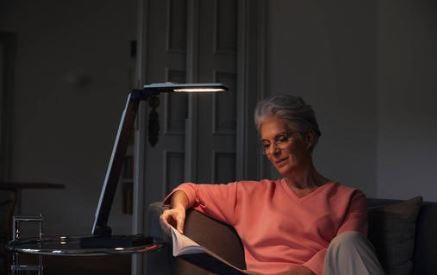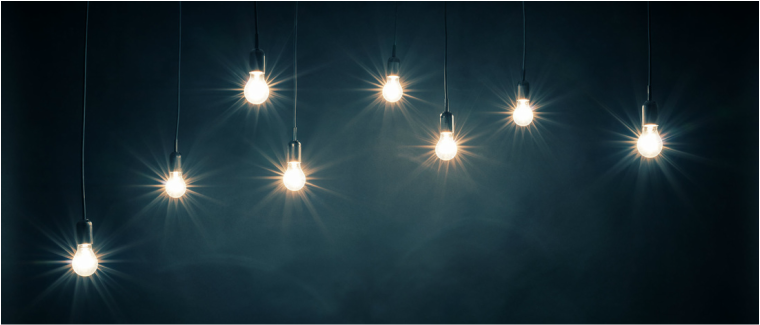|
The joy of reading should not be diminished just because your eyesight might not be as good as it used to be. Did you know that the lighting can make a real difference to making the most of your sight and can help you re-discover the joy of reading?
1 Comment
 Elumentis LED Low Vision desk lamp Elumentis LED Low Vision desk lamp 10 top tips to make the most of your sight using light! With the dark night’s drawing in, we all can benefit from better lighting in our homes. Regardless of your age, getting your lighting levels correct is important and the majority of people over the age of 60 need much more lighting than when they were 20. This is especially important for anyone with sight loss. It’s not just about adding light but understanding the type of lighting which will benefit you the most… So why is the right lighting important? 1. You can make the most of the sight you have by improving the clarity and contrast of what you are looking at. This is especially important for both sight loss and someone living with Dementia. 2. When it is dark in your home, there is a risk of trips and falls and feeling nervous about moving around your home. Good lighting can make you feel more confident and comfortable. 3. Thinking about what you want to do at home and planning your lighting means you can enjoy your hobbies and daily living. If you enjoy cooking make sure you have extra lighting in your kitchen, on your worktops and under cupboard lighting can make a real difference. 4 If you are using portable lighting in your kitchen make sure you don’t have trailing wires as they can be a trip hazard. Ensure trailing wires are tucked away or better yet use battery operated lights to reduce the risks of trips and falls. 5. Reading- a desk lamp or floor standing lamp shining over your book below eye level will give you maximum benefits. Above eye level can cause glare and will make it harder to see what you want to read. Make sure the lamp is sturdy and does not topple easily; the base should be solid and the arm flexible to ensure you can target the light where you need it. 6. Keep lighting even throughout your home so you don’t move from one room to another and are suddenly faced with glare or brighter lights. This can cause confusion and it is much better to keep the lighting in your home even and add extra lighting with floor and desk lamps. 7. Lighting in hall stairs and landing is especially key and by ensuring these spaces are well lit, will help you to feel more confident when walking up and down the stairs. You can add extra sensor lights that come on when you need them most. These are relatively low cost and battery operated. 8. Be Prepared- when you go out take a small travel light with you as this is really useful when reading labels in a supermarket or menu’s. Battery operated lights are the best solution and are small enough to fit in a bag. 9. Choosing suitable portable lighting is important so make sure you buy a lamp that does not get hot to touch, the bulb does not protrude out of the shade and it is flexible allowing you to angle the light where you need it most. 10. Avoid glare which means make sure the lamp does not reflect from shiny surfaces and you are not getting glare from outside shining directly into your eyes. This can affect how independent you are in your home or out and about. Next steps If you are concerned about your sight, a visit to your optician is a good place to start. If a problem is detected, you'll be referred to the hospital to see an ophthalmologist (eye doctor). Your GP will be kept informed, and will give you extra support and advice if you need it. |
AuthorAssociated Optical -improving the lives of people living with sight loss for over 35 years. Archives
January 2023
Categories
All
|
Our services |
company |
Professional |
Copyright © 2015 Associated Optical. All rights reserved.


 RSS Feed
RSS Feed

